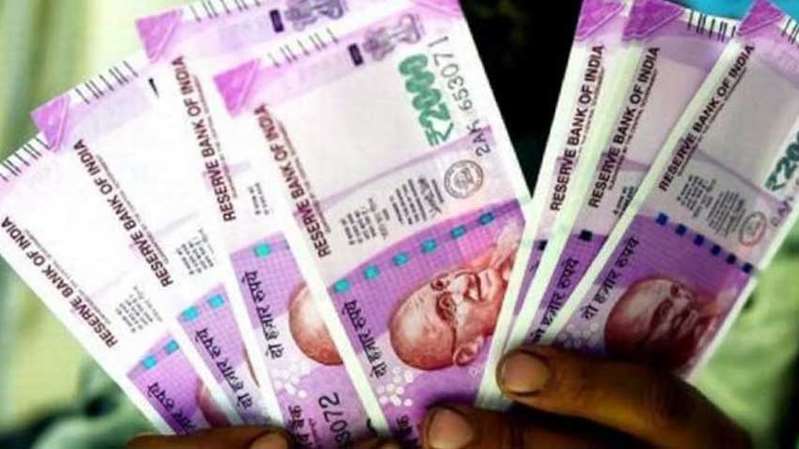
New Delhi | Jagran Business Desk: National Pension System (NPS) beneficiaries are now eligible to withdraw full contributions in one go without purchasing an annuity if the aggregate pension amount is equal to or less than Rs 5 Lakh. According to the rule which was put in place until now, pensioners were allowed to withdraw up to Rs 2 Lakh from their National Pension System (NPS) account. Beyond Rs 2 Lakh, the pensioners were allowed to withdraw up to 60 per cent of their contributions in one go.
However, the updated rule now states: “…where the accumulated pension wealth in the Permanent Retirement Account of the subscriber is equal to or less than a sum of Rs 5 lakh, or a limit as specified by the Authority, the subscriber shall have the option to withdraw the entire accumulated pension wealth without purchasing an annuity and upon such exercise of this option, the right of such subscriber to receive any pension or other amount under the National Pension System or from the government or employer shall extinguish.”
National Pension System (NPS) also stated that the premature withdrawal limit on a lumpsum basis for pensioners has been “increased to Rs 2.5 Lakh from Rs 1 Lakh”. The pension regulator also increased the maximum age of entry into the National Pension System (NPS) from 65-year to 70-year. Whereas the exit age limit for one to get out of the system has been increased to 75-year of age. NPS withdrawals continue to be tax-free under Income Tax Laws.
Under National Pension System (NPS), the beneficiaries are allowed to withdraw their money from their NPS Account after completing three years under some specific conditions. For withdrawing before the completion date, the beneficiaries cannot withdraw more than 25 per cent of their contributions. However, the withdrawal amount may vary if it is for higher education or wedding of children, treatment of critical illnesses and purchase/construction of new home.
Source: Jagran
More Stories
EPFO issued new circular: Now the chance till May 3 to get more pension for PF employees, know process
After leaving job, how long will my EPF account earn interest? Will interest stay tax-free?
EPF withdrawal: EPFO launches AI tool to settle claims